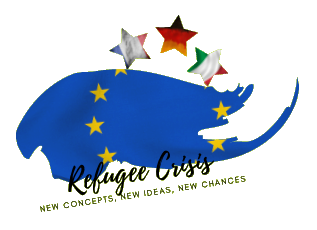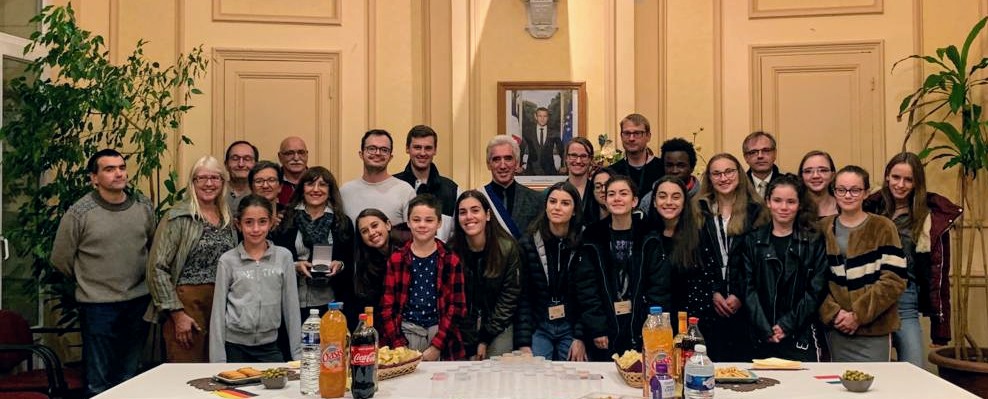
During this online mobility, we discussed the challenges and chances of integrating refugees in the labor markets of three countries: France, Germany and Italy/Sicily. Therefore, we answered our guiding questions:
A: What are the challenges and chances newly arrived immigrants see in terms of a desired labor market integration?
B: What are the challenges and requirements private companies face when trying to hire immigrants/ refugees?
C: How can we establish an exchange of these two sides to discuss solutions for a better integration on the labor market?
In order to deal with the different ways to improve labor market integration and vocational training, we looked at the respective mechanisms and structures of the national labor markets. We did a research on the specific features of local labor markets (e.g. general structure, responsibilities; how is the job search assistance organized?) and looked for existing networks of support in our respective country.
The students worked with various regional projects and measures. We talked with private companies about the challenges and requirements of private companies, with which they were confronted in the attempt to integrate refugees in everyday working life.

The virtual international meeting
During the online international meeting we presented our findings and experiences and discussed them in an international comparison.
Based on the presentation of the different systems of labor market initiatives, the students reflected upon the advantages and disadvantages of each system. The students included the results in a common questionnaire.
This discussion was complemented with a virtual interview with representatives of the German job center, who discussed concrete measures with us. Based on this, we designed a mock debate to design a trinational project between the three countries to improve the integration of refugees in the labor market. Therefore, the participants designed concrete role cards for delegations of each country and developed a concrete project proposal as well, which included a solution-oriented, cooperative view of the individual circumstances, strengths and weaknesses of the three countries. For this, students worked in groups representing each country with accompanying materials. At the end of the week, we hold the mock debate and reflected on it afterwards. Due to the events caused by the Covid 19 pandemic, we conducted this simulation with our students alone so as not to further overwhelm them.
Under the tab “Download” you can find even more materials and results!